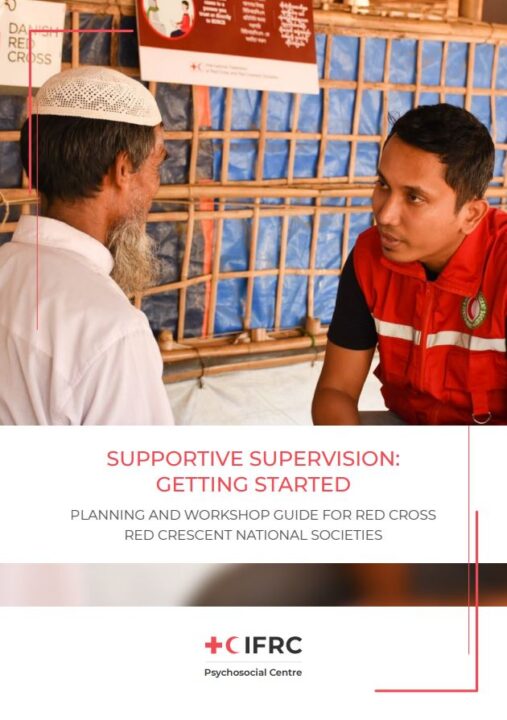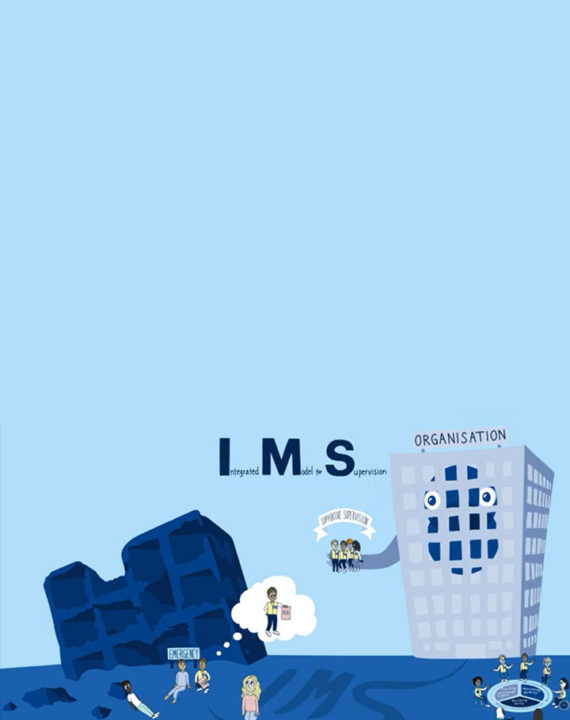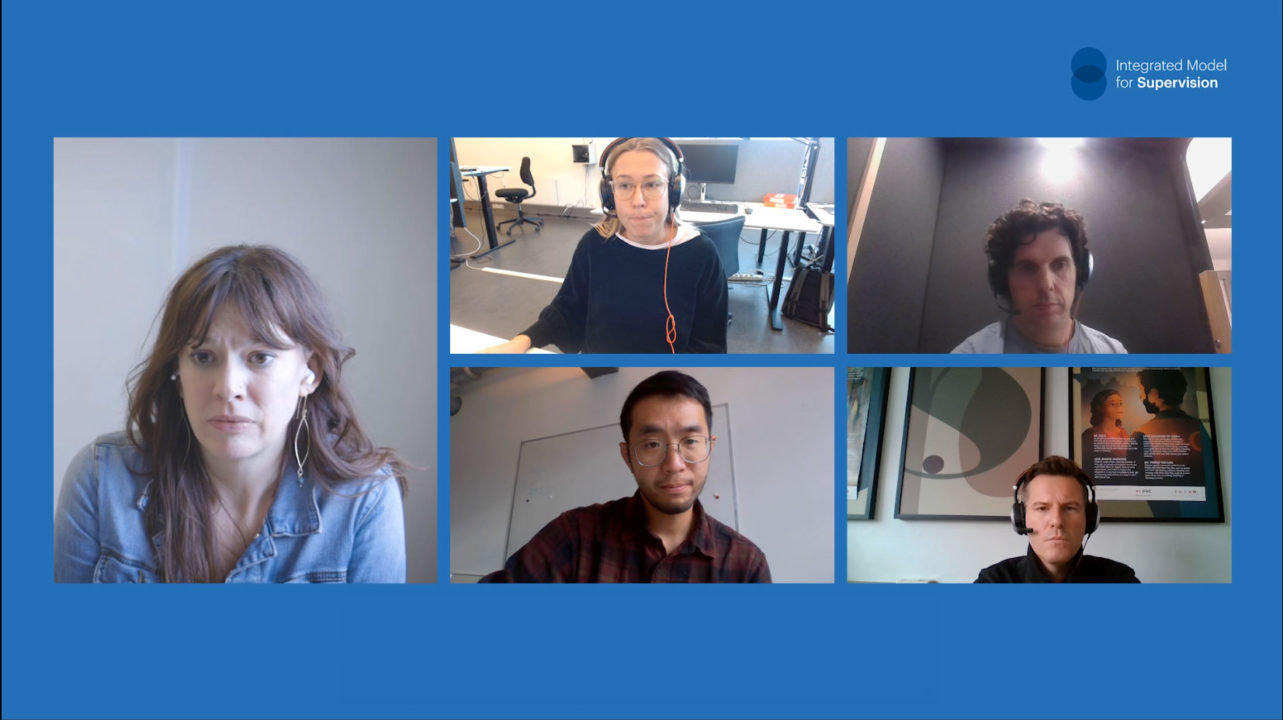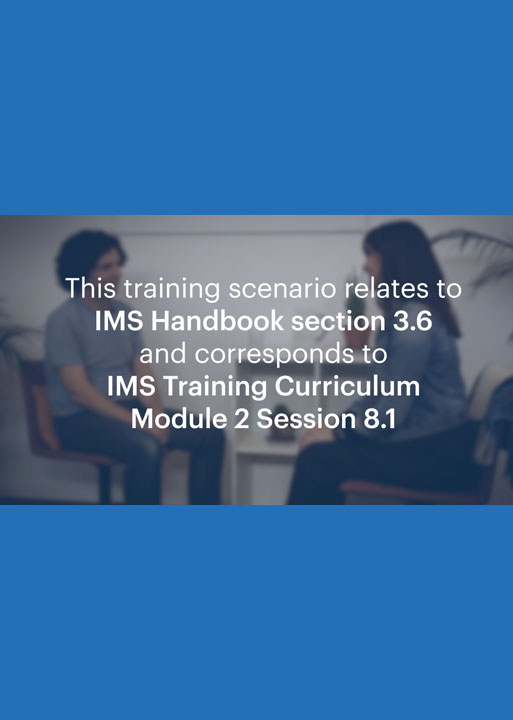Supportive supervision is integral to the safe and effective delivery of mental health and psychosocial support (MHPSS) services in humanitarian settings. However, despite many advances in the
development of MHPSS activities in recent years, comprehensive guidance on supervision had remained a ‘missing link’. This training is based on guidance and training developed through the
Missing Link project, which resulted in the development of the Integrated Model for Supervision (IMS) Handbook.
In Red Cross Red Crescent National Societies’ MHPSS activities are integrated across sectors, units and departments, including but not limited to disaster management and recovery, protecting family links, health, education, nutrition, migration and protection. Regardless of the sector in which they are situated, volunteers and staff providing MHPSS services should be supervised, using the supportive approach to supervision, to ensure activities are carried out safely and effectively.






